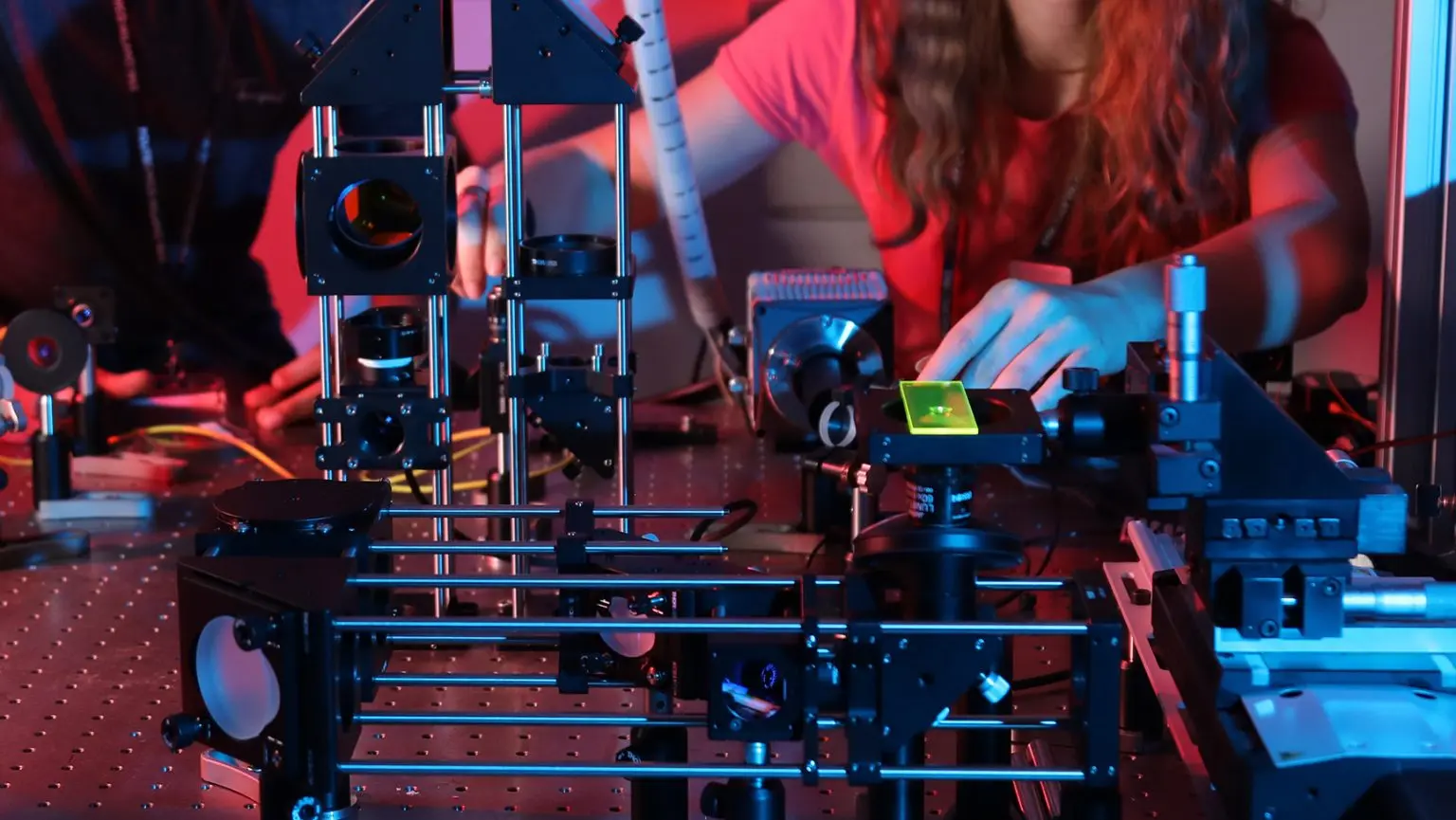Inizio
01/12/2023
Fine
30/11/2027
Status
In corso
NEXTSCREEN
Vedi il sito del progettoInizio
01/12/2023
Fine
30/11/2027
Status
In corso
NEXTSCREEN
Vedi il sito del progetto
Lo screening biomedico condotto a livello di singola cellula e bioparticella potrebbe rivoluzionare la diagnostica clinica. Il progetto NEXTSCREEN, finanziato dalle azioni Marie Skłodowska-Curie, formerà i ricercatori, consentendo loro di creare metodi di screening avanzati. Questi metodi prevedono l’acquisizione automatica di immagini e la classificazione di campioni all’interno di un flusso di liquidi. Gli obiettivi dei ricercatori sono ridurre le spese e le complessità associate alla citometria a flusso d’immagine, costruire microscopi automatizzati ad alta risoluzione e realizzare strumenti di elaborazione dei dati in tempo reale per l’identificazione e il riconoscimento dei campioni. In questo modo sarà possibile analizzare ampie popolazioni di cellule del sangue e bioparticelle, portando all’identificazione di biomarcatori del cancro in campioni di biopsia liquida. In definitiva, il progetto mira a democratizzare l’uso dello screening automatico.
Obiettivo di progetto
Biomedical screening at single-cell and bioparticles level has the potential to transform clinical diagnostics, but the research and development in this field are scattered in different disciplines: biophotonics, micromanipulation, machine learning, in vitro diagnostics, and clinical regulations are traditionally imparted in separate training programs. NEXTSCREEN aims to train and establish a network of researchers with the expertise required for the development of next-generation screening methods, based on automatic imaging and classification of samples moving along a liquid stream. The researchers have the objectives to reduce the cost and complexity of imaging flow cytometry; empower it with novel contrast mechanisms; build high-resolution automatic microscopes at the diffraction limit and beyond; develop real-time data processing tools able to detect and recognize the samples, circumventing the need for manual annotation. Using these technologies they will characterize blood cells and bioparticles, screening large cellular populations, with the goal to identify and characterize cancer biomarkers, in samples derived from liquid biopsies. The ultimate goal is to initiate the development of diagnostics tools, that could be adopted in clinical settings on a large scale, democratizing the use of automatic screening. The project brings together academic and industrial research groups, that are leading the field of imaging flow cytometry, with complementary know-how in high-resolution microscopy, high-precision microfluidics, biotechnologies, and weakly-supervised deep learning, that will facilitate the development of data-driven cells and bioparticle screening.
Laboratori scientifici